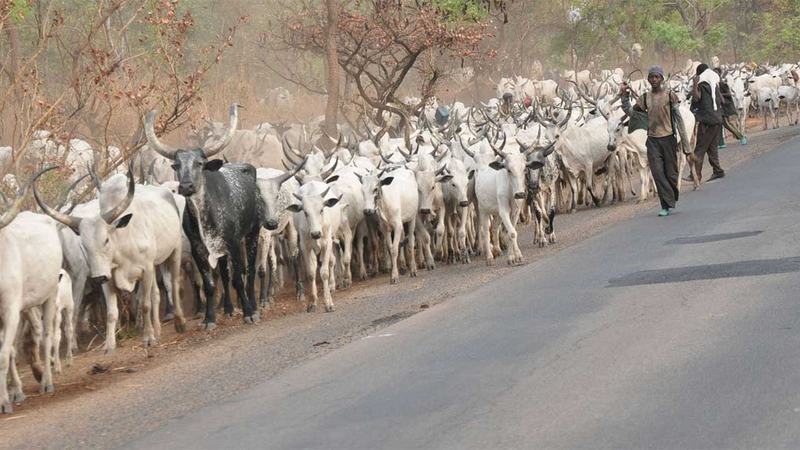Some lecturers of the Federal University of Agriculture Abeokuta (FUNAB) and Bayero University Kano (BUK) have proposed the establishment of integrated crops-livestock settlements to address the protracted farmers-herdsmen clashes.

The dons made the proposal at a validation workshop on controlled grazing, which was organised by Synergos Nigeria on Monday, February 19, 2018 in Abuja, the federal capital city.
Prof. Olufemi Onifade of the Department of Pasture and Range Management at FUNAB said that, apart from reviving abandoned grazing reserves and establishment of ranches, the proposed integrated settlements could be the most sustainable solution to the farmers-herdsmen crisis.
Onifade said that, based on a study on “Support and Inform Development: Review and Implementation of Controlled Grazing Policy”, which was conducted in Benue, Kaduna and Kogi states, farmers and pastoralists had agreed to embrace the proposed scheme.
He said that the initiative would increase the income of farmers and herdsmen, while reducing conflict and strengthening mutual interaction among them.
He identified poor governance and community participation, weak policies and legislations as well as ineffective inter-community relations and dispute resolutions as the major causes of violent conflicts between the two groups.
Onifade said that the conflicts had necessitated stable engagements with political, traditional and religious leaders in the affected states.
As part of recommendations of the study, the professor advised the Federal Government to initiate a National Development Plan and Strategy which would enable farmers and pastoralists to easily have access to land in peaceful and acceptable manner.
“The recommendations include the provision of a framework to ensure quality education for rural populations of pastoralists and farmers as a strategy to build human resources for sustainable development.
“Others are the management of extreme environmental changes such as drought, land degradation, overgrazing and climate change and its associated effects.
“Then, there is the need to take cognisance of regional policies and framework for cooperation such as African Union (AU), Economic Community of West African States (ECOWAS) and the United Nations Charter and conventions,’’ he said.
Onifade, who also spoke on the proposed cattle colonies, advised the Federal Government to allow individual states to determine the best approach to addressing the issue.
Besides, Prof. Abba Aminu of the Department of Agriculture Economics and Extension, BUK, said that the recommendations, when adopted, would be beneficial to both herdsmen and farmers.
According to him, cattle of livestock farmers can graze on uncultivated marginal fields during wet season, while the cattle can graze freely on harvested fields.
He noted that communities in Kogi and Kaduna states, where the study was conducted, largely accepted the initiative except for Benue.
Mr Adewale Ajadi, Synergos Country Director, urged the media to avoid publishing sensational reports, insisting that they should instead promote fair and objective reportage of issues, particularly those relating to communal crisis.
Ajadi, who said that the livestock sub-sector had a vast economic potential, called for collective efforts to step up the campaign against farmers-herdsmen clashes.
He, nonetheless, said that the major objective of the study was to support the development of a comprehensive policy and action plan that would promote mutual coexistence between pastoralists and farming communities.
News Agency of Nigeria (NAN) reports that Synergos – a non-profit international organisation which aims at facilitating systemic changes in the society – is currently executing some development programmes in Kogi, Benue and Kaduna states.
By Kudirat Musa
